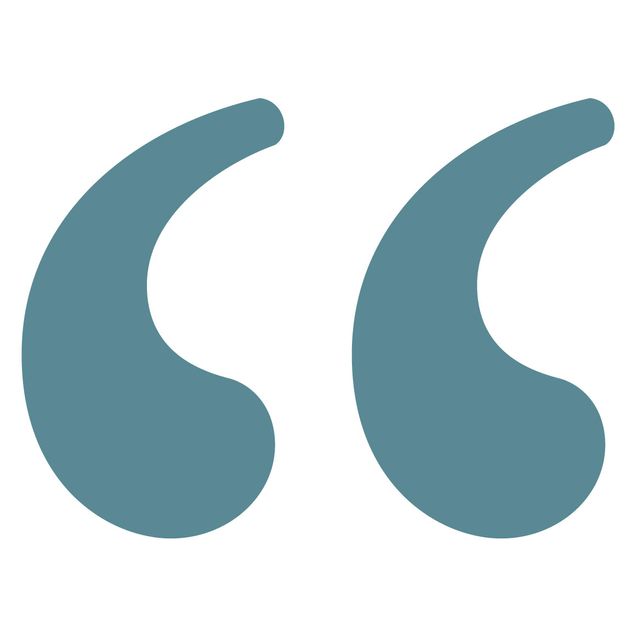All Things Considered: “‘We Are Going To Be The Victims’ Unless Anti-Asian Racism Is Confronted,” Says Prof. Hahm

On NPR’s All Things Considered, aired on GBH radio, host Arun Rath talks to BU School of Social Work professor Hyeouk Chris Hahm about the intricacies of anti-Asian racism in the United States and the alarming data on discrimination and stereotyping of Asian Americans.
Professor Hahm‘s research focuses on reducing health disparities among Asian American populations. Funded by NIMH grants, Hahm has developed and tested theoretical frameworks explaining suicide behaviors among Asian American women and developed the culturally grounded interventions AWARE (Asian American Women’s Actions in Resilience and Empowerment) and Youth AWARE, which have been implemented in colleges and high schools. Hahm is an author of over 50 peer-reviewed journal publications and has given more than 150 professional talks locally, nationally and internationally.
Excerpted from “‘We Are Going To Be The Victims’ Unless Anti-Asian Racism Is Confronted, Says BU Researcher” (NPR/GBH All Things Considered) by Arun Rath and Matt Baskin:
 HAHM: One of the most challenging problems of being considered a “model minority” is that there is a notion that we do not have problems. And because you don’t have problems, there are going to be no resources sent or dedicated or developed for your kind. That is a problem. So I’ll give you a very good example. A study was published recently and what it shows was that for the last 26 years, the National Institutes of Health spent only 0.17% of the total budget for clinical research on Asian Americans, Hawaiians and Pacific Islanders. That’s over 26 years. Can you believe this? Asian Americans make up 6% of the U.S. population. Another problem is that children, adolescents, the young, if they don’t meet high expectations, they feel really anxious, deeply depressed, because the family is expecting them to become a very high achiever and society is looking at you to become a very high achiever. This is really difficult for the young people, the young generation, to have this amount of burden. Therefore they have a lot of mental health issues. The depression rate is higher, and their anxiety level is higher, than other racial groups. However, because of the model minority issue, again, these people have a very difficult time seeking treatment. The study also shows that Asian American students, college students and adolescents, utilize mental health clinicians the least. […]
HAHM: One of the most challenging problems of being considered a “model minority” is that there is a notion that we do not have problems. And because you don’t have problems, there are going to be no resources sent or dedicated or developed for your kind. That is a problem. So I’ll give you a very good example. A study was published recently and what it shows was that for the last 26 years, the National Institutes of Health spent only 0.17% of the total budget for clinical research on Asian Americans, Hawaiians and Pacific Islanders. That’s over 26 years. Can you believe this? Asian Americans make up 6% of the U.S. population. Another problem is that children, adolescents, the young, if they don’t meet high expectations, they feel really anxious, deeply depressed, because the family is expecting them to become a very high achiever and society is looking at you to become a very high achiever. This is really difficult for the young people, the young generation, to have this amount of burden. Therefore they have a lot of mental health issues. The depression rate is higher, and their anxiety level is higher, than other racial groups. However, because of the model minority issue, again, these people have a very difficult time seeking treatment. The study also shows that Asian American students, college students and adolescents, utilize mental health clinicians the least. […]
Click here to listen to the full interview and read the transcript on GBH.